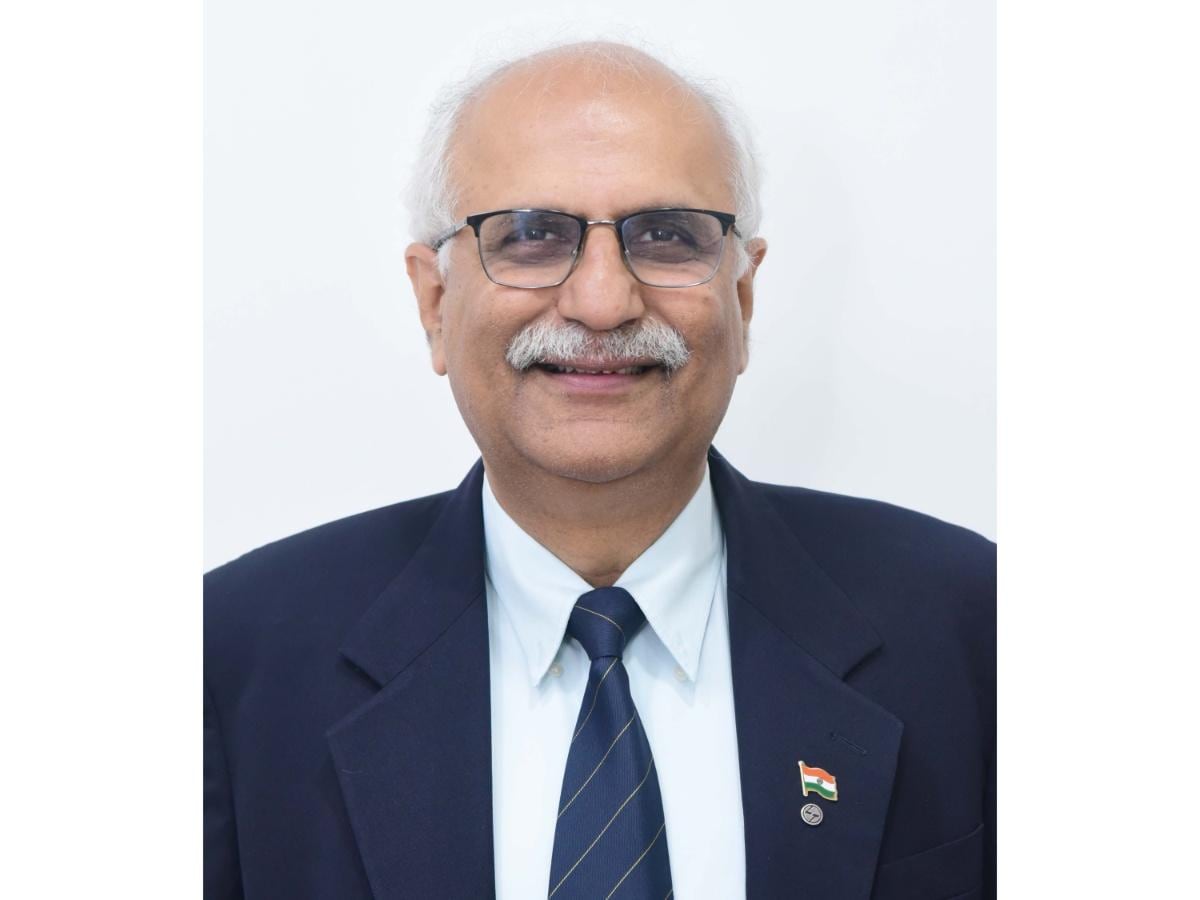I understand your perspective on sensitive tech., for dual use technology India will need to follow the established framework with this limit still the collaboration will be beneficial for India and IMHO India will go to this route eventually India tried with SAARC minus pakis but the countries are geographically too small to come into this framework, only bringing 3rd world and African nations can provide economy of scale and increased clout. Here's why:
1. Economic Opportunities: By providing space technologies to African and third-world countries, India can foster economic opportunities through collaboration and partnerships. These countries can leverage space technologies for various applications like communication, agriculture, disaster management, and navigation. This collaboration would lead to economic growth, trade, and investment opportunities for India, expanding its global market reach.
2. Market Expansion: Distributing space technologies to African and third-world countries allows India to access new markets. These countries, with their growing economies and populations, present untapped potential for space-related industries. ISRO can offer its expertise, products, and services to cater to these emerging markets, leading to increased demand and revenue for India's space sector.
3. Technological Advancement: Collaborating with African and third-world countries can lead to technological advancements for ISRO. Through knowledge-sharing and joint projects, India can benefit from diverse perspectives, innovative ideas, and unique challenges faced by these countries. This cross-pollination of ideas can accelerate technological development, leading to breakthroughs and advancements in space technologies.
4. Diplomatic Influence: India's collaboration with African and third-world countries in the space sector can enhance its diplomatic influence on the global stage. By offering assistance and support in space-related endeavors, India can establish strong diplomatic ties and partnerships. This can lead to increased clout and cooperation in various international forums, strengthening India's position as a leader in space technology and exploration.
5. Human Resource Development: Collaborating with African and third-world countries provides opportunities for capacity building and human resource development. India can offer training programs, workshops, and scholarships to individuals from these countries, enabling them to acquire technical skills and knowledge in space-related fields. This can contribute to the growth of a skilled workforce in these countries and foster long-term partnerships between India and African nations.
In summary, a secular distribution of space technologies in African and third-world countries can bring significant benefits to ISRO and India, including economic growth, market expansion, technological advancements, diplomatic influence, and human resource development. By fostering collaboration and sharing expertise, India can establish itself as a global leader in the space sector while empowering and uplifting nations in need of space-related capabilities.





